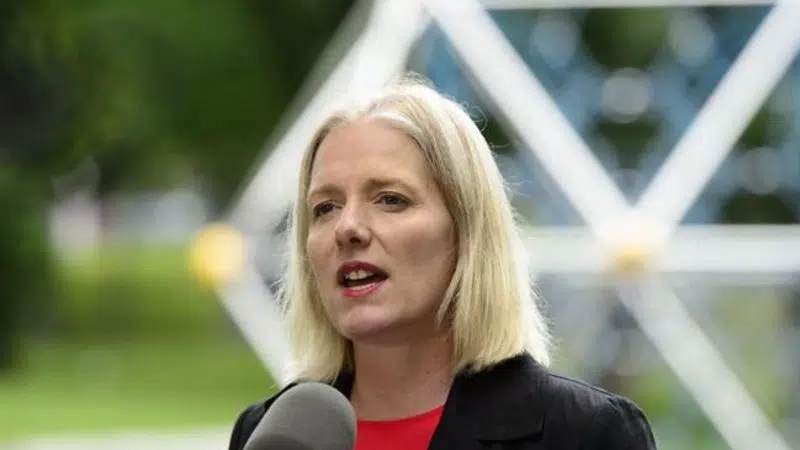
Overhauling Canada’s toxic chemicals law should be priority: advocate
OTTAWA — A new report suggests retailers in Canada are lagging behind American companies in removing hazardous chemicals from their products.
Muhannad Malas, the toxics program manager at the advocacy group Environmental Defence, said he is disappointed in the findings of the fourth annual report card on how American and Canadian retail companies manage chemicals that have been linked to things like cancer and organ damage.
He said it underscores the need for Canada to finally overhaul the law that governs toxic chemicals.
“Across the U.S. retail sector we see continuous improvement when it comes to taking action on toxic chemicals,” he said.


